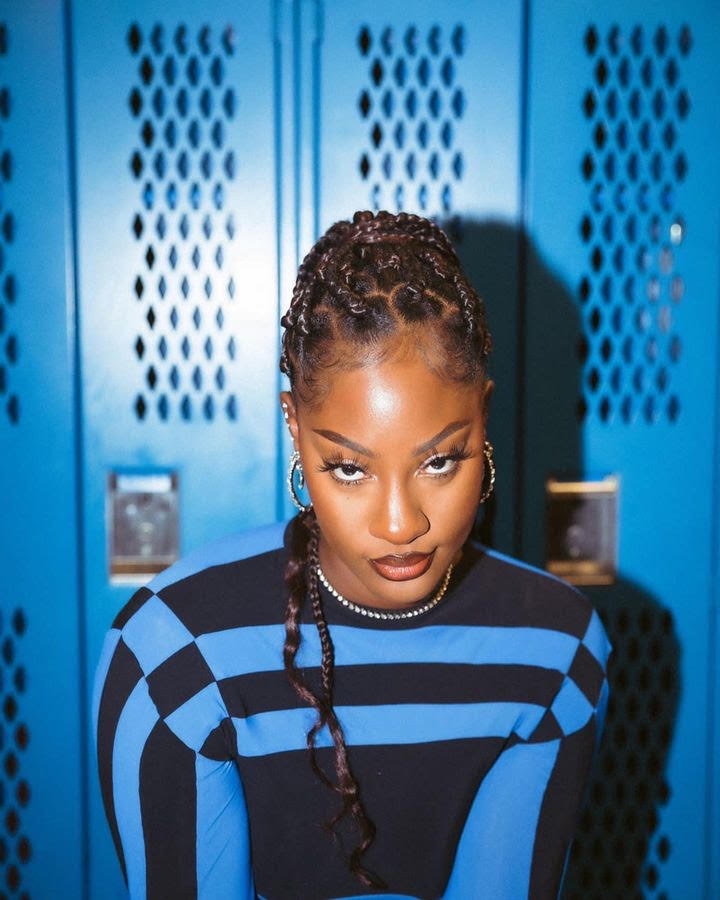YouTube will introduce the ability for labels and others music rights holders “to request the removal of AI-generated music content that mimics an artist’s unique singing or rapping voice,” according to a blog post published on Tuesday (Nov. 14).
Access to the request system will initially be limited: “These removal requests will be available to labels or distributors who represent artists participating in YouTube’s early AI music experiments.” However, the blog, written by vice presidents of of product management Jennifer Flannery O’Connor and Emily Moxley, noted that YouTube will “continue to expand access to additional labels and distributors over the coming months.”
This marks the latest step by YouTube to try to assuage music industry fears about new AI-powered technologies — and also position itself as a leader in the space.
In August, YouTube published its “principles for partnering with the music industry on AI technology.” Chief among them: “it must include appropriate protections and unlock opportunities for music partners who decide to participate,” wrote CEO Neil Mohan.
YouTube also partnered with a slew of artists from Universal Music Group on an “AI music incubator.” “Artists must play a central role in helping to shape the future of this technology,” the Colombian star Juanes said in a statement at the time. “I’m looking forward to working with Google and YouTube… to assure that AI develops responsibly as a tool to empower artists.”
In September, at the annual Made on YouTube event, the company announced a new suite of AI-powered video and audio tools for creators. Creators can type in an idea for a backdrop, for example, and a new feature dubbed “Dream Screen” will generate it for them. Similarly, AI can assist creators in finding the right songs for their videos.
In addition to giving labels the ability to request the takedown of unauthorized imitations, YouTube promised on Tuesday to roll out enhanced labels so that viewers know they are interacting with content that “is synthetic”: “We’ll require creators to disclose when they’ve created altered or synthetic content that is realistic, including using AI tools.”
TikTok announced a similar feature in September. Of course, self disclosure has its limits — especially as it is already reported that many creators experiment with AI without admitting it.
According to YouTube, “creators who consistently choose not to disclose this information may be subject to content removal, suspension from the YouTube Partner Program, or other penalties.”



